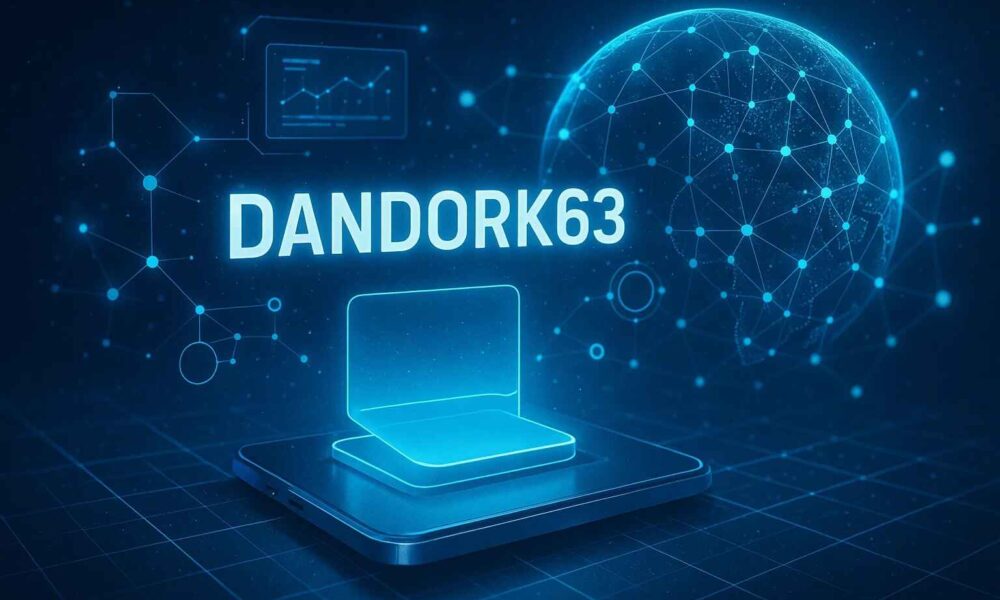Choosing between a gaming laptop and gaming PC is a classic dilemma that has stumped many PC gamers. The differences between them are plain, yet each has alluring strengths, and most people can only afford to choose one. This guide will help you make the right decision in the gaming laptop vs. desktop debate.
We compare Gaming laptops and desktops with the following in mind:
- Features and day-to-day function
- Game Performance
- Portability
- Noise, Heat, Power Consumption
- Value
- Verdict
Gaming laptop vs desktop: Features and day-to-day function
A gaming laptop and gaming desktop can be used for many of the same tasks, but the key differences between a gaming laptop and desktop are night and day.
Gaming Laptop Common Features
- Built-in display, keyboard, touchpad
- Integrated battery
- Limited wired connectivity
- Hard or impossible to upgrade
Laptops are tightly integrated devices with numerous useful features built into the computer. This includes a display, keyboard, touchpad, and battery, plus wired and wireless connectivity. It’s easy to overlook the benefit of these additions. A gaming desktop is useless until it’s paired with peripherals. A gaming laptop is ready to go right out of the box.
This perk is gained at the cost of user choice and upgradability. Most components in a gaming laptop can’t be improved or replaced later. Some gaming laptops let owners switch out the hard drive and RAM, but that’s usually it.
Gaming Desktop Common Features
- Display, keyboard, and touchpad are extra
- No battery, not easy to move
- Extensive wired connectivity
- Easy to customize and upgrade
A gaming desktop is the other side of the coin. It doesn’t include any of the peripherals required to use it. Buyers must research the right peripherals and buy them at added cost. Desktops also lack a battery, so they’re not practical for travel or even a quick trip to a coffee shop.
On the plus side, desktops let gamers customize or upgrade the system. You can dive deep into the world of mechanical gaming keyboards or purchase a better video card in a few years to keep up with new games.
Gaming Laptop vs Desktop: Performance
Gaming laptops and desktops seem to offer similar performance at a glance. They have similar processors and discrete graphics. Most also ship with similar amounts of RAM and storage. Many gamers assume a PC with an AMD Ryzen 7 processor and Nvidia RTX 3070 graphics will perform roughly the same whether it’s a laptop or desktop.
In fact, desktops typically outperform laptops in all demanding situations. This includes not only gaming, but tasks like video editing and AI image processing. But if a gaming laptop and desktop can equip the same hardware, why don’t they have the same performance?
The answer is simple: gaming laptops and desktops don’t really use the same hardware (at least when it comes to the processor and discrete graphics).
Take the Nvidia RTX 3080 as an example. The desktop Nvidia RTX 3080 graphics card has more CUDA cores, more Tensor units, more RT cores, and more memory bandwidth than mobile version of the RTX 3080. A similar story plays out across a wide variety of CPU and GPU options.
A PC’s higher performance is often enough to be noticeable. Games run smoother on a desktop than on a laptop at any given setting. The gap widens as budget increases. The best gaming desktops use water cooling to overclock their already superior hardware to speeds well beyond what a laptop can achieve.
However, your needs will depend on what you play. Want to play Cyberpunk 2077 at 4K resolution and maximum detail with Ray Tracing on? A gaming desktop is best. If you want to play Path of Exile or Final Fantasy XIV, however, even a budget gaming laptop would be up to the task.
Gaming Laptop vs Desktop: Portability
This one is easy. Gaming laptops are portable. Desktops are not.
There are minor exceptions. Mini PCs like Intel’s NUC Extreme, the Falcon Northwest Fragbox, and Origin Chronos can pack a lot of power in a small footprint. Still, these all require external power and external peripherals.
There is no substitute for a gaming laptop’s portability. If you need to travel, or need a PC you can take to class or the office, a gaming laptop is the way to go.
Gaming Laptop vs. Desktop: Noise, Heat, and Power Consumption
Gaming laptops are not subtle. The problem is not the number of cooling fans, but their size and speed. Laptop fans have to be small and slim, so they need to spin fast to move air quickly. That causes a ruckus. There’s no such thing as a quiet gaming laptop in 2022 – they’re all noisy.
Heat can also be an issue for gaming laptops, though laptops, though and desktops trade blows here. Gaming laptops run hotter than desktops because their size concentrates heat into a smaller area. However, desktops usually generate more heat overall. A typical gaming desktop will warm a room more than a desktop.
Most gaming laptops consume around 200 to 300 watts at load and much less than that at idle. A gaming desktop can easily need 100 watts at idle and over 500 watts at load, with high-end configurations edging towards 1,000 watts or more. Of course, all that power also translates to the gaming desktop’s greater gaming performance too.
There’s another trade-off here. Gamers who like a quiet gaming rig will prefer a desktop, but a desktop will add more to your monthly power bill. This can add a few hundred dollars to the total cost of a gaming desktop over its lifespan.
Gaming Laptop vs. Desktop: Value
Gamers want a laptop or desktop that delivers value. That means great performance for the price and a long useful life before the PC must be replaced.
Gaming laptops and desktops both provide good value when purchased. A desktop is quicker, but laptops aren’t slow, and sale pricing may place the two closer than expected. Laptops also have perks, such as portability, that add to their value.
You can buy a gaming laptop for just under $1000 like the MSI Sword that’s offers enough performance to play competitive online games like CS:GO and Overwatch. However budget gaming laptops this cheap come with the lowest tier specs including an Intel Core i5 or AMD Ryzen 5 CPU paired with Nvidia’s lowest-tier RTX 3050 Ti mobile graphics. If you’re looking for a gaming laptop with more grunt expect to spend closer to $1,700 to $2000 for a machine with an Nvidia RTX 3060 or better.
Gaming PCs are priced relatively similar to gaming laptops with the most affordable models coming in at under or close to $1,000. The HP Omen 25L Gaming Desktop is one of the cheapest budget gaming PCs we recommend and it comes pretty well equipped with AMD Ryzen 5 processor and Nvidia RTX 3060 graphics. With a machine this powerful you can easily play any AAA title like Elden Ring and Sniper Elite 5 at 1080p and 60 fps with most graphical settings set to medium or higher.
As for long-term value, gaming laptops fall behind as they age. The lack of upgradability is a big problem. A new graphics card can add several years of life to an old gaming desktop. That’s not possible in a laptop, so you may need to buy a new gaming laptop after just three to five years of use.
Repairs are an issue, too. Most gaming laptops and desktops have one year of warranty coverage. Both can break after the warranty, but desktops are less expensive to repair because parts are more widely available from third party sources. You can further save on repairs by doing the repair yourself. That’s often extremely difficult (if not impossible) on a laptop.
It’s not all bad news for gaming laptops. Gaming laptops use less power, a hidden cost that can make them a bit less expensive to own over time. Laptops also come with a built-in keyboard and trackpad, whereas desktop owners must purchase a gaming keyboard and gaming mouse separately.
Still, value is firmly in favor of gaming desktops. They deliver more performance for the price and are less expensive to upgrade or repair.
Gaming Laptop vs Desktop: The Verdict
It’s time to tally up the results in the gaming laptop vs. gaming desktop showdown. Which takes the win?
In most cases, a gaming desktop is the better choice. Gaming desktops provide more bang for your buck, are less expensive to upgrade and repair, and last longer before they go obsolete.
The wildcard is portability. There’s no getting around the fact that gaming laptops are portable and gaming desktops are not. That will sway many gamers towards a laptop. Just remember this before buying: you’d enjoy smoother gameplay, with more attractive visuals, if you bought a gaming desktop instead.











